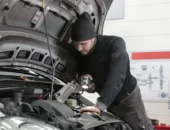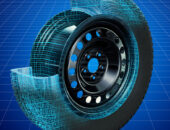Having a car comes with the responsibility of ensuring it stays in top condition, and routine upkeep is crucial for its smooth and safe operation. Proactive checks can prevent breakdowns, extend your car’s lifespan, and save you from costly repairs. Here are seven critical things every car owner should check regularly:
1. Oil Levels
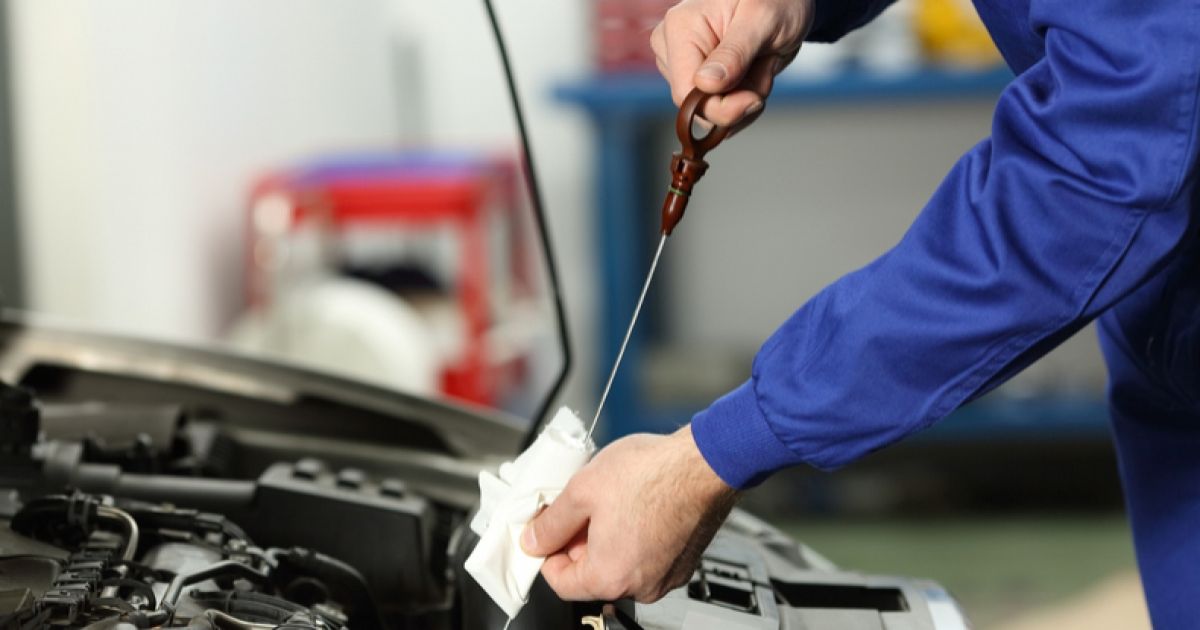
Source: rac.co.uk
Oil is the lifeblood of your engine, lubricating its components to prevent overheating and wear. Regularly check the oil level using the dipstick to make sure it falls between the minimum and maximum markers. Low oil can lead to engine damage, while old or dirty oil loses its effectiveness. Stick to your car manufacturer’s recommended oil change schedule to keep your engine in top condition.
2. Tire Pressure and Tread
Properly inflated tires allow for better fuel efficiency, improved handling, and reduced risk of blowouts. Use a tire pressure gauge to check the pressure and compare it to the recommended levels listed in your owner’s manual or driver’s side door frame. Also, inspect the tread depth—bald tires can be dangerous, especially in wet conditions. You can easily check tire tread depth with a penny: insert it into the tread with Lincoln’s head facing down. If you can see the top of his head, it’s time to get new tires. Also, rotate your tires regularly to guarantee even wear.
3. Brakes
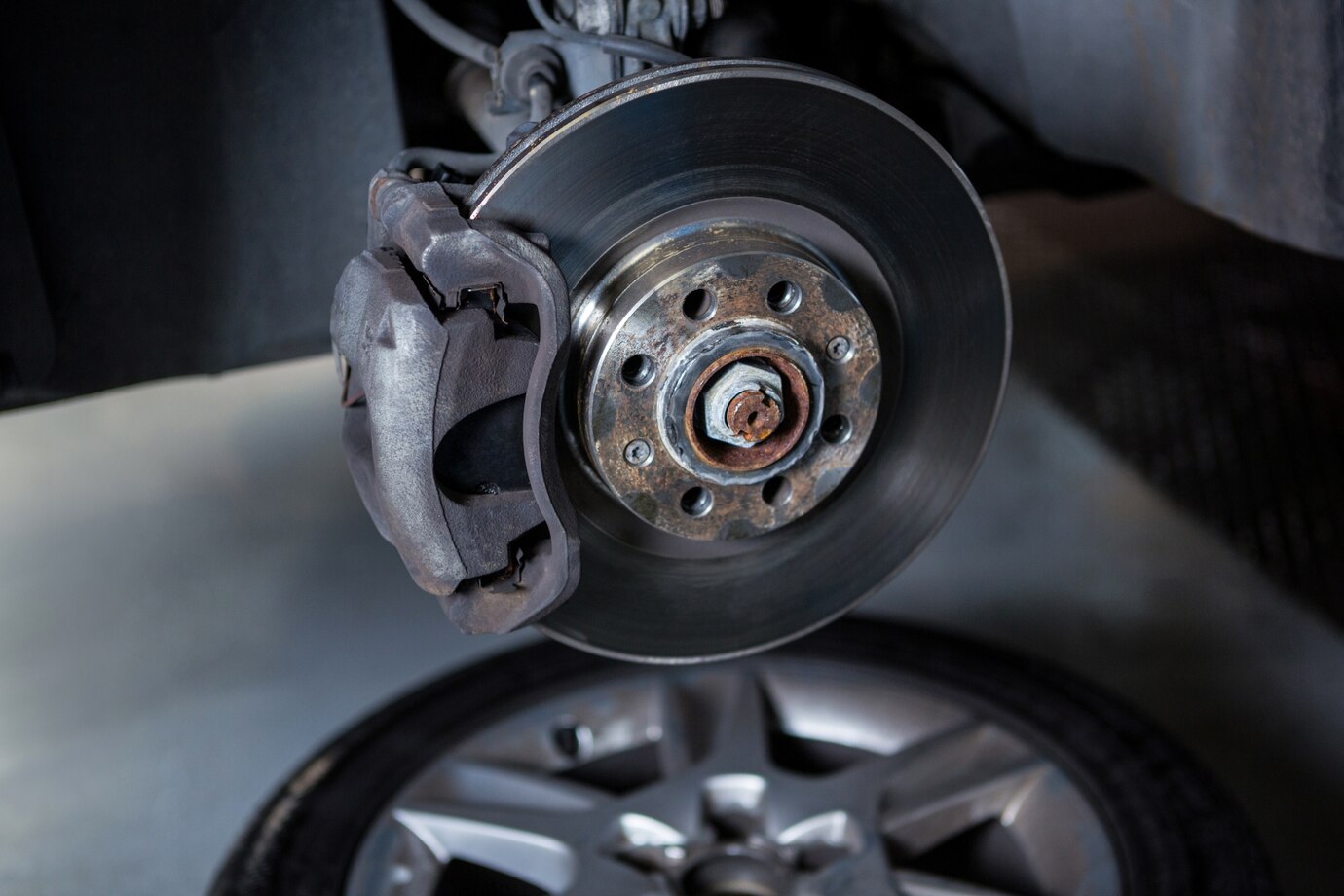
Source:freepik.com
Your car’s braking system is critical for safety. Listen for unusual noises like squealing or grinding when braking, and pay attention to any changes in pedal responsiveness. Check the brake fluid level regularly, as low levels could indicate a leak. Schedule a professional inspection if you notice any signs of wear or reduced performance. Brakes should be checked at least once a year to ensure they’re in top condition and capable of providing the stopping power you need.
4. Lights
Working lights are vital for both visibility and signaling to other drivers. Make it a habit to check your headlights, brake lights, turn signals, and hazard lights frequently. Replace burnt-out bulbs promptly, and clean the lenses for maximum brightness. This simple step can greatly enhance your safety and help you avoid fines for non-functional lights. Consider upgrading to energy-efficient LED bulbs, which last longer and provide brighter illumination.
5. Fluid Levels
Your car depends on various essential fluids to operate properly, such as coolant, transmission fluid, power steering fluid, and windshield washer fluid. Check these levels regularly, as low or dirty fluids can lead to overheating, steering problems, or reduced visibility. Refer to your owner’s manual for guidance on locating and checking these fluids, and top them off as needed. Flushing and replacing fluids according to the manufacturer’s schedule is also essential to maintaining the health of your car.
6. Battery
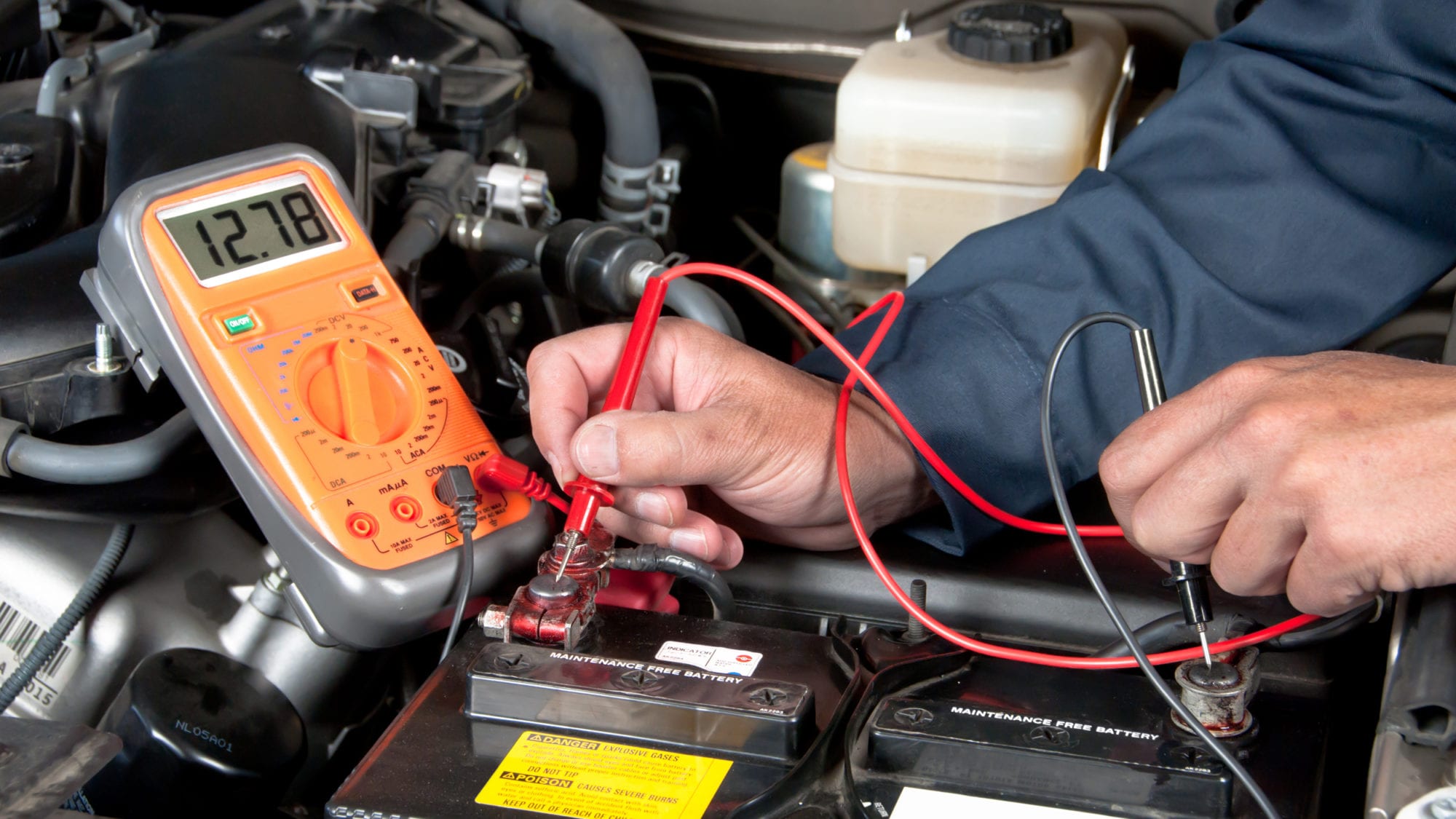
Source: amainsider.com
A healthy battery keeps your car starting reliably. Check the battery terminals for any signs of corrosion and make sure they are tightly connected. Check the battery’s voltage with a multimeter; a reading below 12.4 volts may indicate it’s time for a replacement. Most batteries last 3-5 years, but extreme temperatures can shorten their lifespan, so keep an eye on its condition. If you live in a climate with extreme cold or heat, it’s wise to check the battery more often to avoid unexpected failures.
7. Air Filters
Air filters keep dirt and debris from entering your engine and keep it running efficiently. A blocked air filter can decrease both fuel efficiency and overall engine performance. Check the filter regularly – usually every 12,000 to 15,000 miles – and replace it if it appears dirty or clogged. A clean air filter helps your engine breathe easier, improving overall performance. Replacing a clogged filter can also enhance acceleration and reduce engine strain.
8. Wiper Blades
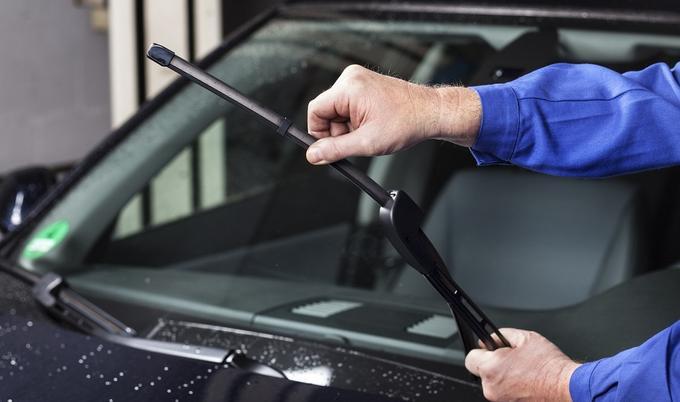
Source: allstate.com
Don’t forget to inspect your windshield wipers. If your wipers are streaking or squeaking, it’s a clear indication that they need to be replaced. Wipers typically last 6-12 months, but their lifespan can vary depending on use and weather conditions. Effective wipers are crucial for ensuring clear visibility when driving in rain or snow. If you drive in extreme weather conditions, consider upgrading to high-performance wiper blades for enhanced durability.
The Benefits of Regular Checks
Performing these regular checks doesn’t only enhance your car’s reliability, but also keeps you and others safe on the road. Catching small issues early prevents them from escalating into costly repairs and keeps your car both efficient and eco-friendly. For example, maintaining proper tire pressure can improve gas mileage, while clean filters reduce harmful emissions. Taking a few minutes each month to perform these checks can go a long way toward maintaining your car’s longevity.
When to Consult a Professional
While many of these checks can be done at home, certain issues require the expertise of a trained mechanic. If you’re unsure about any aspect of your car’s maintenance or notice persistent problems, don’t hesitate to seek professional help. A trustworthy Los Alamitos auto repair service like Action Auto can provide comprehensive inspections and repairs to keep your vehicle in optimal condition.


